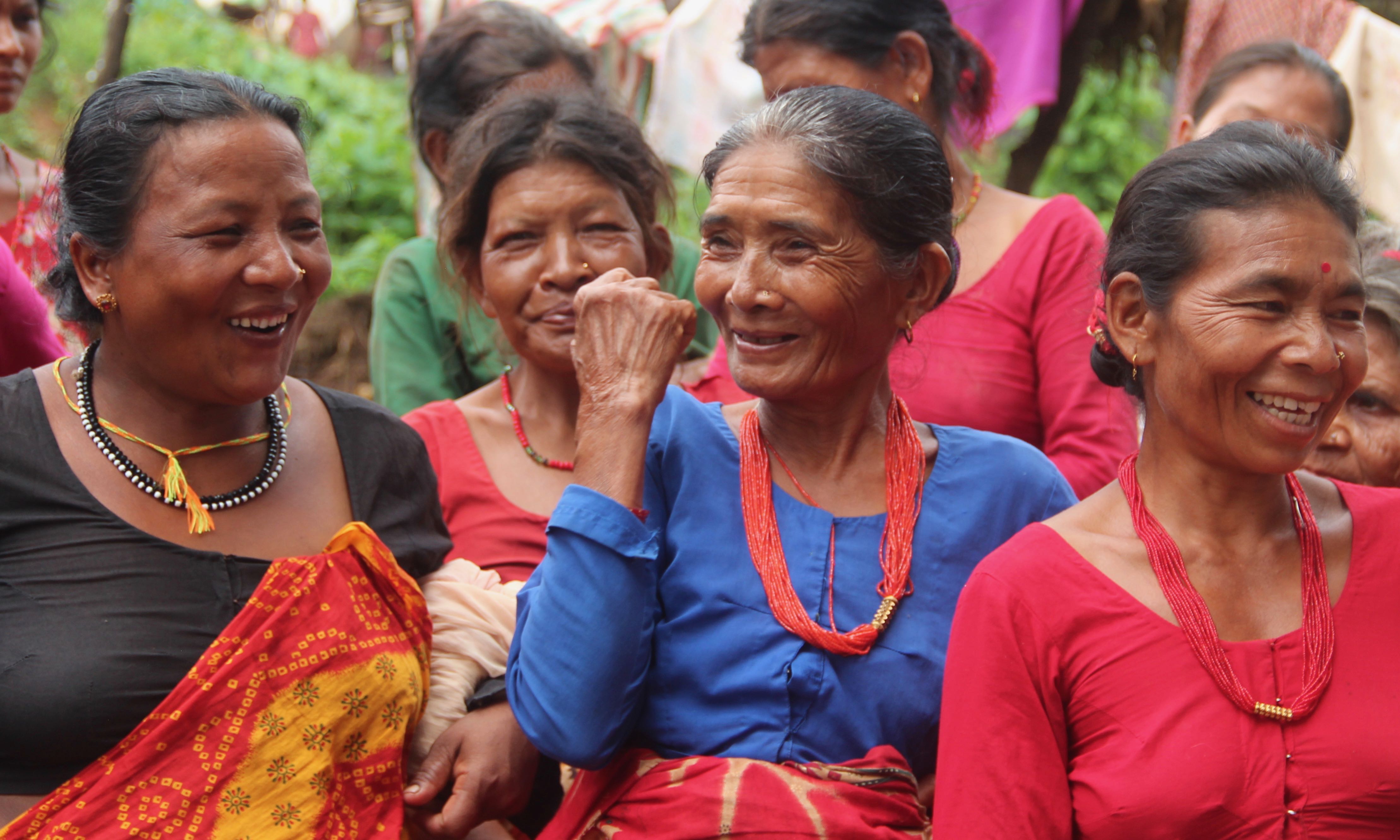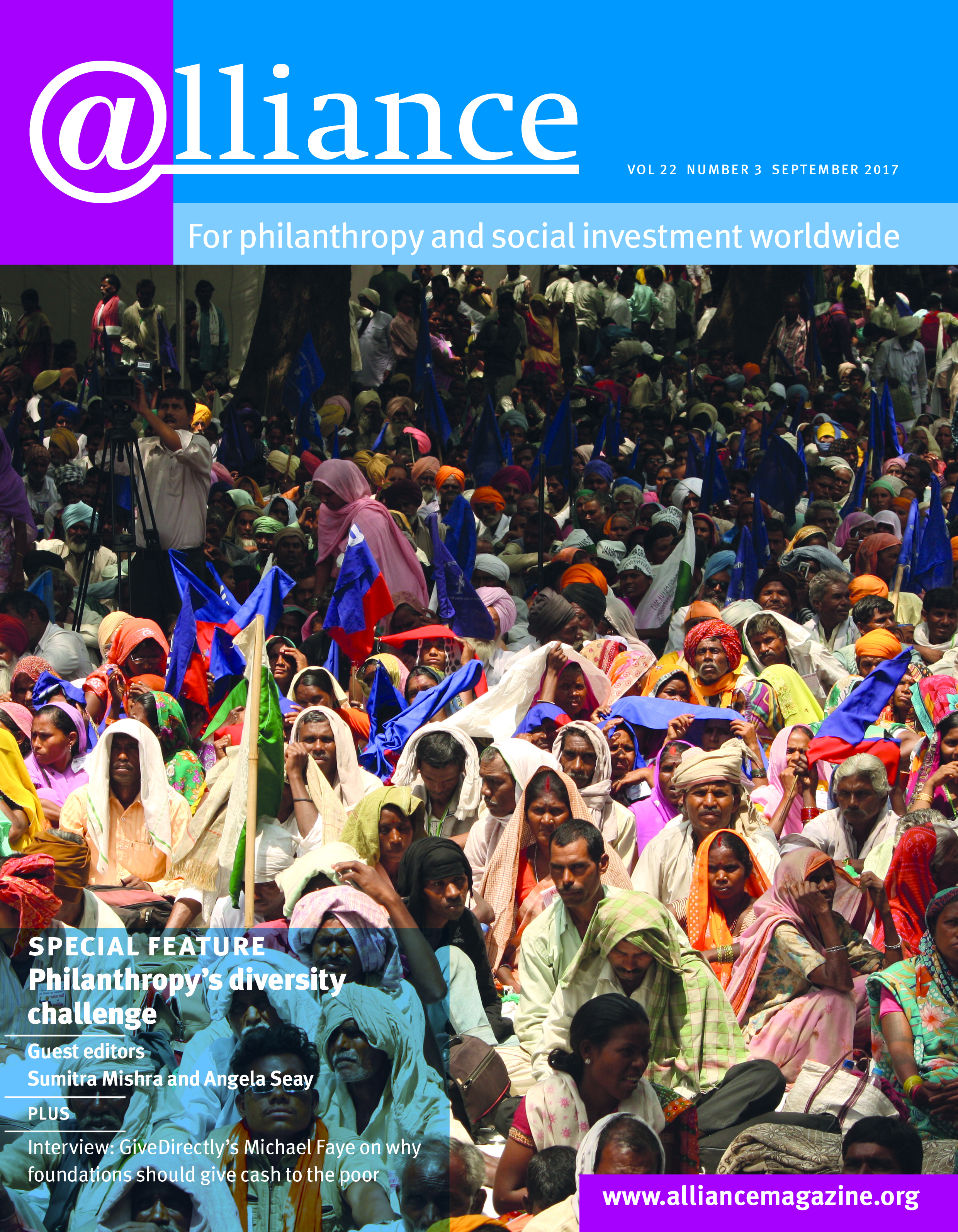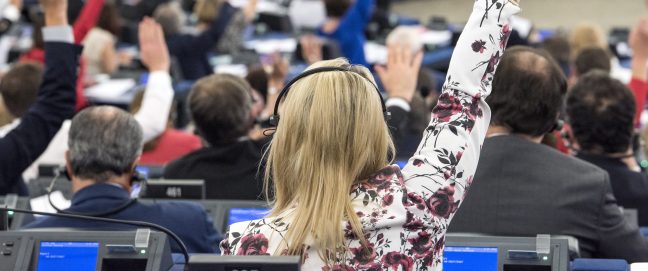For decades, the donor-grantee power relationship has been skewed. Those who ‘give’ have power over those who ‘receive’. This is even more pronounced in south Asia where the state, donors based in the global north and corporate foundations dominate. It is crucial, therefore, that women’s funds in particular are challenging the current politics of aid as well as the status quo that exists within it, which excludes the voices and leadership of women, trans and other marginalized communities.
This is a critical time across the world for social justice organizing and sustained human rights work, in the face of dwindling resources and a conservative backlash against women and minorities. Research by the Association for Women’s Rights in Development (AWID) and others, including South Asia Women’s Fund (SAWF)[1], has clearly demonstrated that women’s organizations and collectives as a constituency face significant discrimination in access to resources, and are the least funded of interest groups in the spectrum of social justice issues.

South Asia Women’s Fund supports grassroots mobilizing of indigenous women in Nepal to claim their human rights.
It is imperative that the existing sources of money be invigorated to step up their commitment, that new sources are found and that the gap between donors, old and new, and recipients be closed.
We draw directly from the work and experiences of grassroots women and women’s movements, which are essential to this process of re-negotiating power relationships between the givers and receivers of funding.
We believe it is crucial that the position of SAWF – women’s institutional leadership and control over resources – is not only reflected externally in the work we support (SAWF supports only those groups that are led by and work for women and trans communities) but internally as well – 87 per cent of the board and all of the executive team are women.
We draw directly from the work and experiences of grassroots women and women’s movements, which are essential to this process of re-negotiating power relationships between the givers and receivers of funding.
The board is also representative of the region. Coming from Bangladesh, India, Nepal, Sri Lanka and Pakistan, it weaves together a regional mandate from national realities. It also brings together representation from corporates, activists and the arts.
As feminist funds, we understand the challenges of mobilizing sustainable resources, as well as the nature of grantmaking. We are in a unique position to open conversations on rights and feminist approaches with donors who have not been part of these issues and perspectives.
This is relevant for both potential givers and recipients. There are differences in perspective between the two, so there is a reluctance in both the ‘giving and the taking’ and consequently, a transformative opportunity of learning from each other and building stronger and more accountable communities is lost.
For instance, the 2 per cent corporate social responsibility giving rule in India or even the existing tax exemptions accorded to philanthropic giving in various jurisdictions do not compulsorily lead the resources towards women’s rights work.
However, the presence of women’s funds enables this consciousness on behalf of the larger community of women’s organizations and groups. We influence new donors to give to under-resourced areas of work, as well as link them with feminist institutions that have the expertise, which in turn guides the resources to the women’s rights agendas.
By putting forward resources for strengthening organizations and communities, we have been able to see the emergence of strong and nuanced feminist voices articulating their claims and calling for the fulfilment of their human rights.
Tulika Srivastava is executive director of the South Asia Women’s Fund.
Email tulika@sawf.info







Comments (0)